
I did my best but I'm still late. Oh well.
We are back with a lot of content this month, and I also spent some time in my home country at the end of it, so there will be a bit of stuff that I got in France. I have returned to my french roots and introduced a new medium here, the Bande Dessinée or BD. I talked a bit about those in my March 2025 Readings. To give you a quick rundown, the BD is a french comic. It's not american comics written/translated in/into french — there are vast cultural differences between them. We have very broad ranges of topics in France, and those can be quite different from one another, the BD caters to various types of reader of all ages. There isn't any stigma about reading comics, and like most adults have books in Canada, most french people's bookshelf will have a couple BDs as well. My grandpa has them, my mom, cousins, friends, friend's parents... most people that read have a couple. They hold an important spot in french culture. In any case, they rock, but had not graced the shelves of my bookshelf in Canada, and it is about time I remediate that.
Before we get into them, let's look at the books and then manga from this month:
A Dance with Dragons – Georges RR Martin
Georges is still cooking with this one, but it is more obvious than ever that the previous book and this one were supposed to be one book. It was weird to see the one off chapters of Jaime and Cercei, and the Dorne plot in the middle of the book. It was cool to see the same events happening from a different POV though (Sam/Jon) and having access to both internal monologues; one in the previous book and the other in this one, it made it really feel like Dune.
The Mereen plot kinda drags, and same with Tyrion, it goes pretty slowly. Considering this is the last book in the series so far (and probably ever) it kinda blows that we are nowhere along in the story. I really thought that more would have been written, but alas.
Time to read Fire and Blood, another series that will never be finished :)

Cold as Hell – Kelly Armstrong
I told myself I would not read anymore of Haven's Rock novel, after how ass the previous one was, but I lied. I placed a hold on it a while ago on libby and it just became available; I had to see how much of a train wreck this would be.
It was fine. There are some major flaws with it, but it was pretty inoffensive.
The beginning of the book is unbearable as always, with a crap ton of repetition, overexplaining and completely unnatural dialogs where people analyse themselves mid sentence and share their analysis out loud. Once it gets going though, it's alright, and we go back to the usual Rockton/Haven's Rock investigation shenanigan. We are introduced to more people here, and not knowing who they are adds a bit to the story. Casey finally does some good detective work without skipping over gigantic clues or extremely obvious deductions. But then, to setup the finale, everyone has to become dumb again.
Spoilers ahead.
Dalton, who was described many, many times as being overtly overprotective, decides to fly back to Haven's Rock with his 8-months-has-had-contractions-and-misscarriages-scares-and-is-predisposed-to-complications-pregnant wife from a city with a Hospital. And must I add that it was with a storm looming, in the middle of Yukon winter, right after they have discovered that a serial killer resides in Haven's Rock, a very remote town that doesn't have proper equipment and personnel to deal with a complicated birth? And of course, when they get to town and go on a manhunt to catch that serial-killer, in the middle of winter again, in the Yukon wilderness, guess who accompanies them, even if she has started getting other contractions... and then guess what, they split up. and then, guess what they decide to abandon the extremely pregnant lady without weapons with a rando also without weapon 5min away from the town, and then guess what, the serial killer shows up. And finally guess what, while in labour, the described “very small woman” overpowers the described “very strong” non-boypreggers man who has a gun, defeats him and gives birth in the wilderness.
Absolutely insane amount of contrivance, and the worst is that, knowing the author, I already guessed some stuff like that was gonna happen right when we learnt that Casey was 8-months pregnant in the book. The rest of the book was pretty good, but my god, the ending was terrible. If the dialogues were worked on a bit more and if the story could refrain from going all out on the spectacle at the expanse of logic it could really elevate the books with very little efforts.

The Remains of the Days – Kazuo Ishiguro
That was a banger of a book. The prose was great and went hand in hand with the story, both really complemented each other. After you realise that a lot of the harmful opinions the main character has is due to his misplaced sense of loyalty and trust to bad men, you kinda feel pity for him. He really is a victim of the system, and it's his indoctrination by his masters and the general english high-society that leads him to shed every ounce of humanity, for the profit of those masters. It was really interesting reading about his almost change in point of view caused by his travel, and was devastating that, even if he came so close to waking up, he in the end just slips back to his comfortable and complacent servitude. I find it especially heart-breaking that he completely missed the meaning of the stranger at the end in a way, and instead of appreciating the work he's done, without dwelling on the past, and kicking back, he instead takes it as stop reflecting on his past mistakes and start looking forward to the work we'll accomplish in the future. Even if to the reader it is incredibly obvious from his writing that he has completely wasted his life by living sticking to his arbitrary principles, until the very end when he reflects about his meeting with Miss Kenton, he's almost completely oblivious to it.
It is kinda crazy to think about people living their whole lives for other people, and it really sucked for Steven that he lived more than half of his life for a nazi sympathiser, who almost got England on bord with nazism.
In miscellaneous notes, I found that the author really managed to create the most insufferable “english patriot” (derogatory), especially during his description of the english landscapeand objective beauty, and my french blood was boiling when he was speaking about the best races that make butlers, where he insults the celts, my people!
I found it extremely funny his whole reflection about the butler profession and his little butler leaderboard, where he fangirls over some butlers. The butler gatekeeping (apart from the racist part) was also hilarious. I also loved how he, the stuck-up, broom-in-the-ass british man, was was completely incapable of bantering or having a shred of humour.
The story about the tiger rocked though.
To answer Spenny's question, the GOAT was of course Miss Kenton. (Although Harry is a close second)

Grappler BAKI – Keisuke Itagaki
Childhood Saga – Chapters 143-180
The shenanigans continue and we get some more fighting. This does a great job at setting up the beef that Baki has with his father, and despite the extremely unserious nature of the manga, we get some very emotional moments that don't fall flat, unlike a certain pirate manga that overuses people crying for no reason. The panel in question was actually goated if you have the whole context:

Maximum Tournament – Chapters 181 – 277
Holy hell the time transitions are extremely rough. The fan translations are also pretty old and the scans are not of the greatest quality. It's a bit too much fighting right after another without much breathing. There are also way too many people introduced at the same time. And speaking of introductions, the way the Itagaki writes about the black zulu fighter is actually insane, and not in a good way, if you catch my meaning. Holy hell.
Néandertal (L'intégrale) – Emmanuel Roudier
Le Cristal de Chasse, Le Breuvage de vie, Le Meneur de Meute (Tome 1, 2, 3)
Laghou is a cripple, and despite being the best craftsman of his tribe, he is not well seen by a majority of the men folk who only value hunting. After his father dies, a chain of event unfolds leading him to leave his tribe, searching for one other in particular. Will this half-portion survive his journey and find this tribe?

This was really good, and a nice way to get back into BDs. The drawings are awesome and the story, although really, really fast paced was great. It might have lacked a bit of depth, but in total it's a 165-ish pages series so you can only get so much depth. It's nice to get a story set during this time (caveman time) which is something we don't see often, and one of my favourite setting. I think the creatures of that time and place are cool as hell, and they look fantastique here. Everything is gorgeous overall, but my favourite are the landscapes, which we have the pleasure to see often with the many panels where people travel, and the way the artist did the eyes, which I though were always very expressive. It was a bit disconcerting that everybody in the BD was speaking with a rather elevated language — not that I was expecting they all speak in grunt because they're neanderthals — but I was expecting more everyday french rather than literary french.

L'Aigle sans Orteils – Christian LAX
A one-shot retelling of the first few Tours de France, a cycling race where cyclist literally ride all around France, a cool 4700km at that time. It was first held in 1903, and apart from a couple of years during the World Wars, it has been held every year since. This retelling is through the lens of a fictional character, loosing his toes (hence the title), trying his darnest to win the Tour.

This was absolute cinema, the story was extremely engaging, the drawing gorgeous, and that's with me not ever giving a shit about le Tour de France. I loved the story of Amédée Fario, his tenaciousness despite his great handicap. I also like the friendship between him and Camille Peyroulet. The whole things was gorgeous, and I also really loved the colours, the palette used was very expressive but also restrained and consistent. The lines were kinda “brouillon” but it worked really well, breaking down people into simpler figures, while keeping a ton of detail. Going back to the story, the ending is very sobering. After failing to finish his last Tour in 1914, almost winning, the main character is eager for more, and eager to finally beat all his competitors, Petit Breton, le Géant... This will not come to be, as he dies, with all the athletes of le Tour de France, during WW1, where 25% of all french men aged 18-30 died, with much more coming back physically or mentally injured.
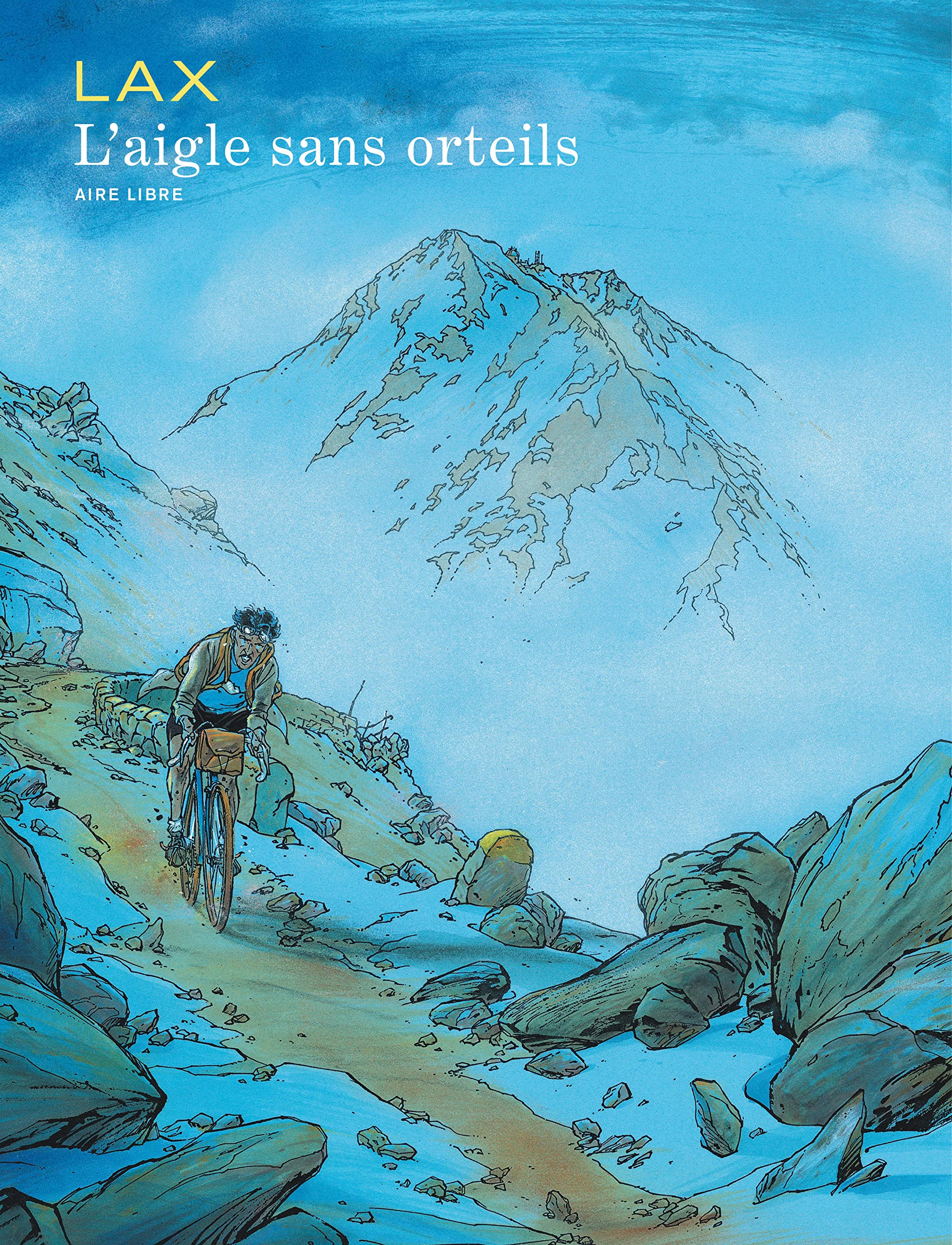
Le Tour des Géants – Nicholas Debon
A historical retelling of the 1910 Tour de France.

Alrightly, more Tour de France. There wasn't an overarching emotional story here to keep one engaged, so I had a bit more trouble getting invested in this one. The storyline they chose for the race was pretty bare bone and repetitive as well. It was still interesting to learn about all the shortcomings of the bicycle of the time — wooden tire frames that would just break, the fragility of tires that would just explode incessantly, having to remove the back wheel to change gears, if you had access to gears to start with...
The pastel drawings were really good though, and I really loved the colour pallet. The choice of pastel really gave it a welcomed artsy vibe which was reinforced with the decision to have mostly panels with narration at the bottom and no speech bubbles, and having the speech bubbles take either the whole top or bottom half of a panel. The 'framing' was also very dynamic, with a lot of different uhh.. camera angles and interesting shots (I don't know how to talk about drawings).

Astérix et Obélix – Jean-Yves Ferri, Fabcaro, Didier Conrad
Le Griffon & L'Iris Blanc (Tome 39 & 40)
Astérix and Obélix has been a staple of the franco-belge BD since the 1960's and is extremely popular in France, and even abroad with it being the second most sold “comics” series after One Piece. I remember it very fondly having, as any self-respecting french person, read them. The original duo is not at the helm anymore however, with the writer René Goscinny dying in 1977 and Albert Uderzo leaving in 2009 (and dying in 2020). The latest volumes since, starting in 2013 with Jean-Yves Ferri then Fabcaro starting in 2023 writing and Didier Conrad drawing, have not been the best according to most members of my family. My mom lend me those last two from 2021 and 2023, and I found them just a touch above alright. I have read most of the previous ones as my grandpa religiously collects them, and there were more “important” themes broached in those, in the midst of the usual fun ambiance. There was also some extremely french specific humour, with untranslatable puns and references to obscure french culture or little facts of (french) life — but it was funny. With those, there is not much besides the story, which is pretty straight forward and while not bad, it's a bit less content than we're used to. Especially since they are so short, at a bit less than 50 pages. The second one was better in this first regard, and was definitely almost on par with the average originals, but again way too short and devoided of heavier stuff. The drawing is however, as good as ever, and Didier Conrad has a great command of motion, while keeping things very simple and true to the original.

That's all for this month, and was quite a lot. I should read less because writing those reports is taking too much time. Expect more BDs next month.
Thank you for reading my logorrhea
Eddie – Award winning author


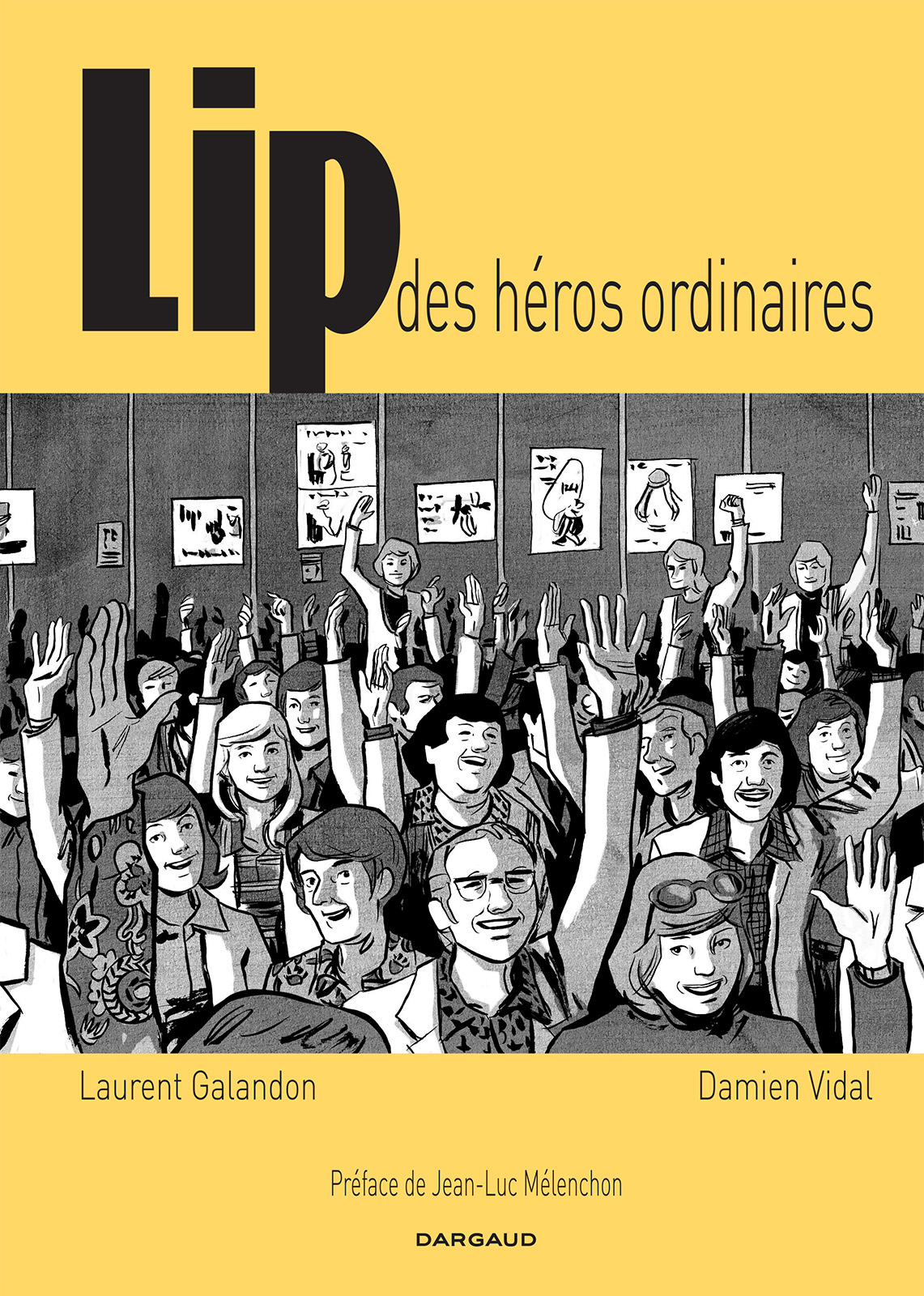











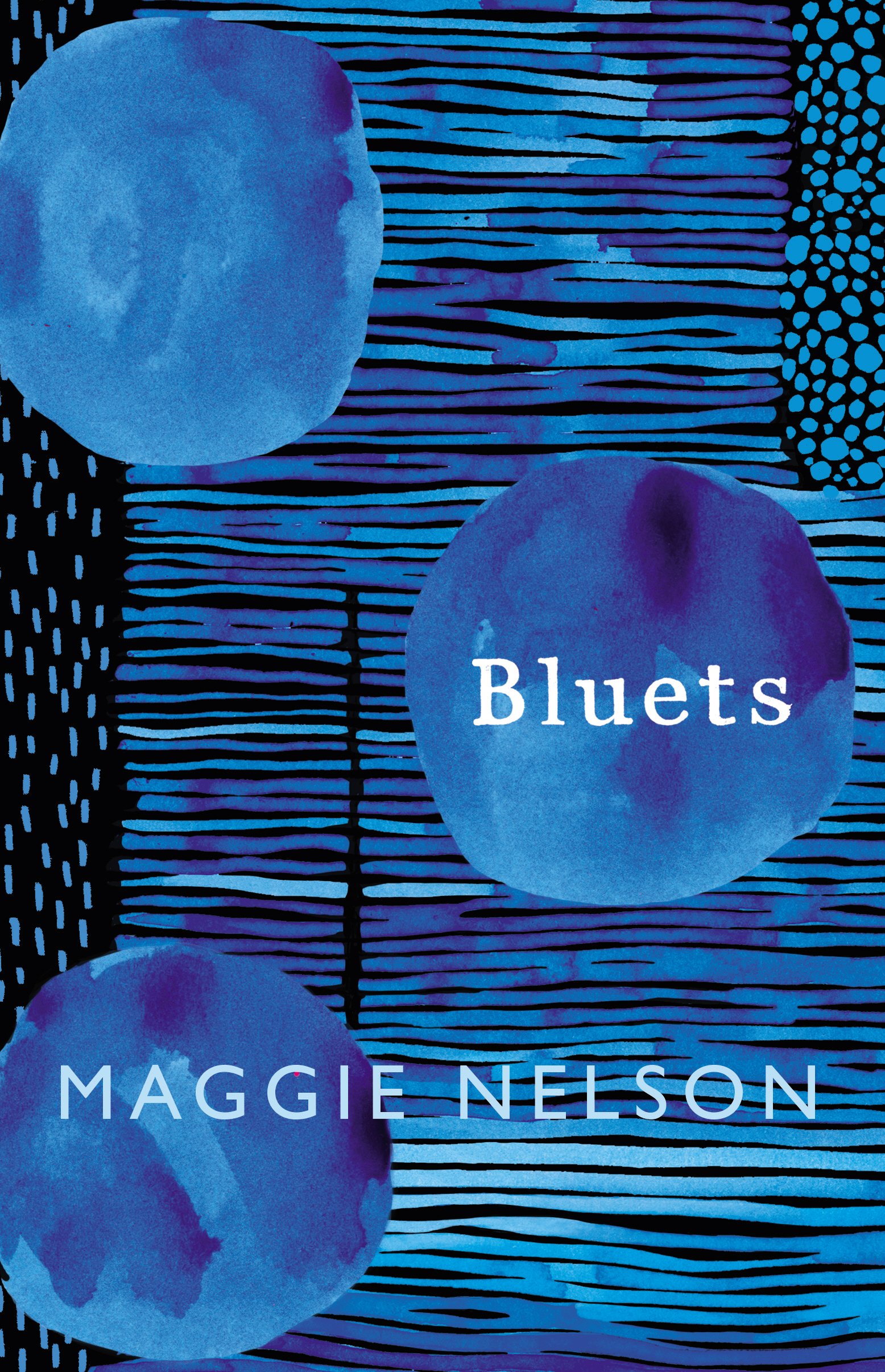




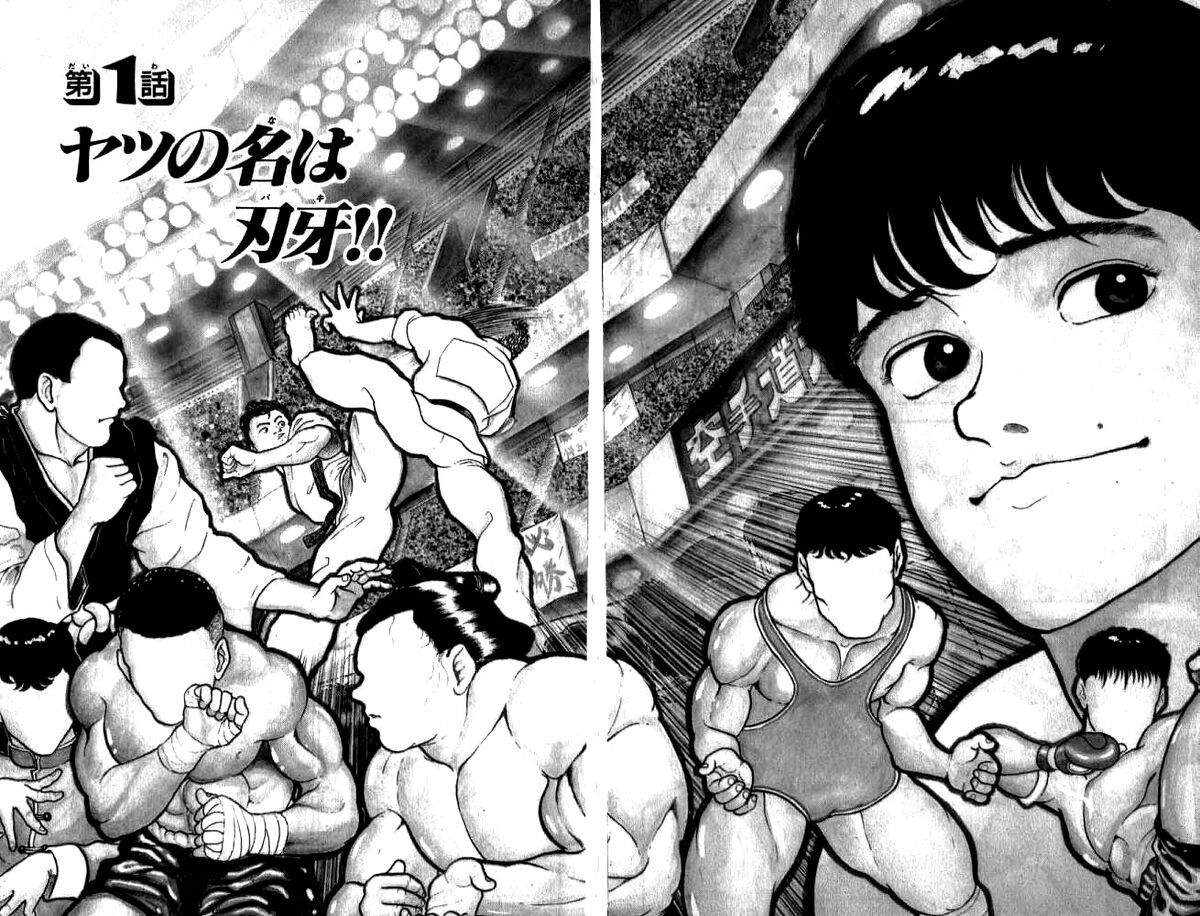


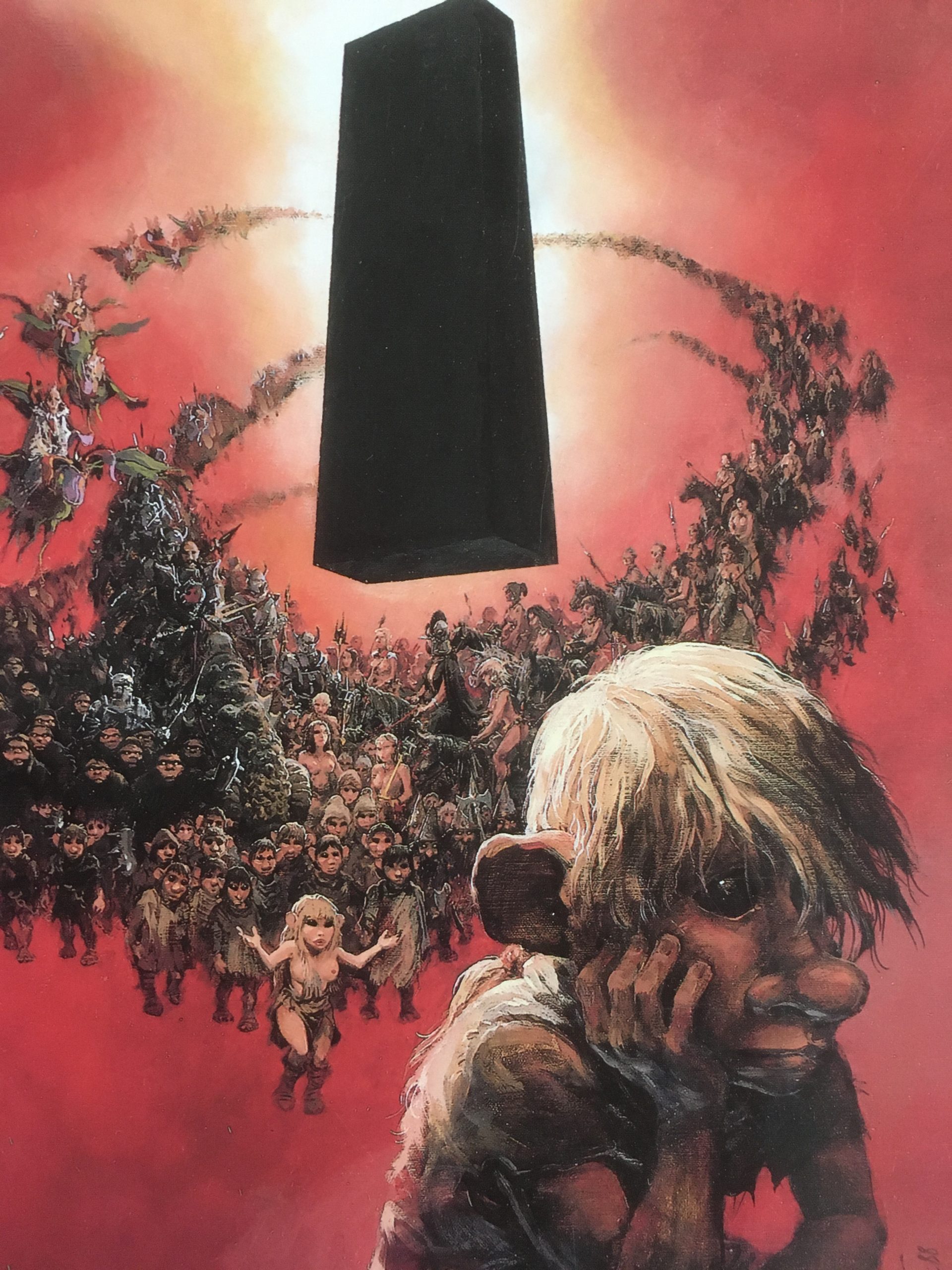
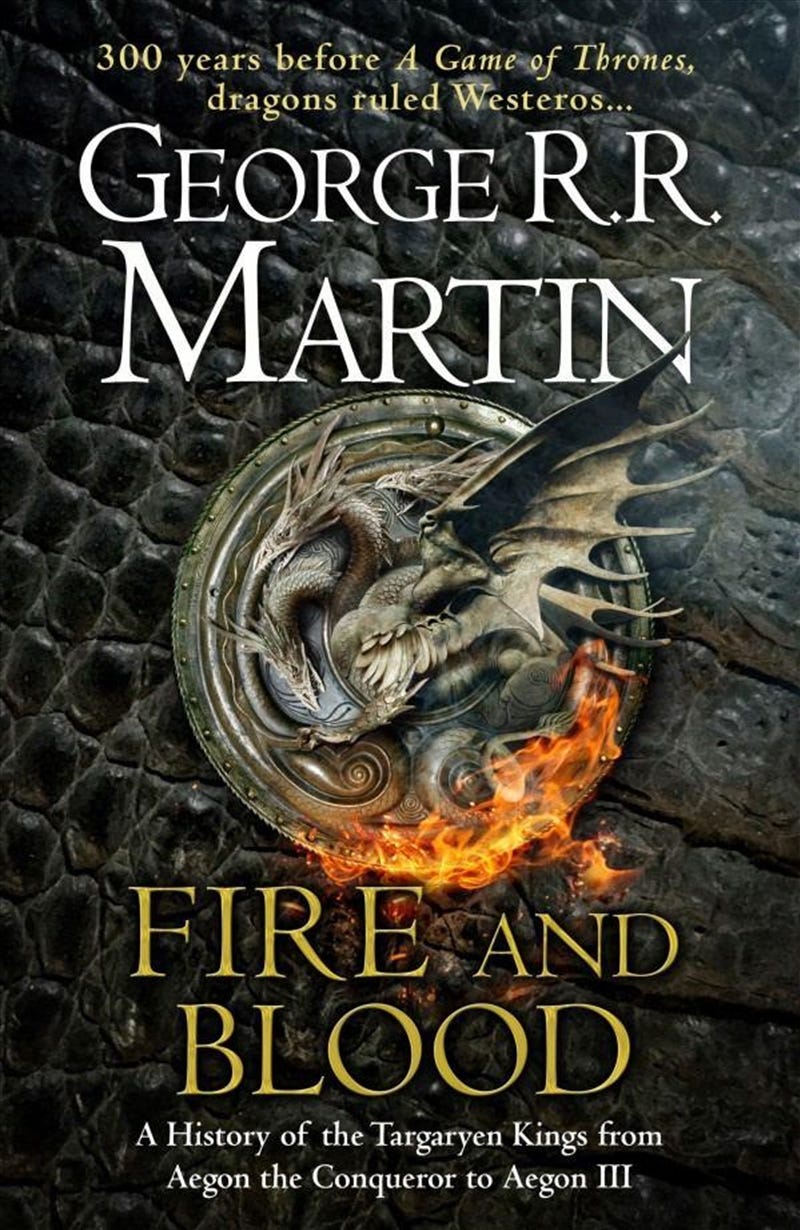
























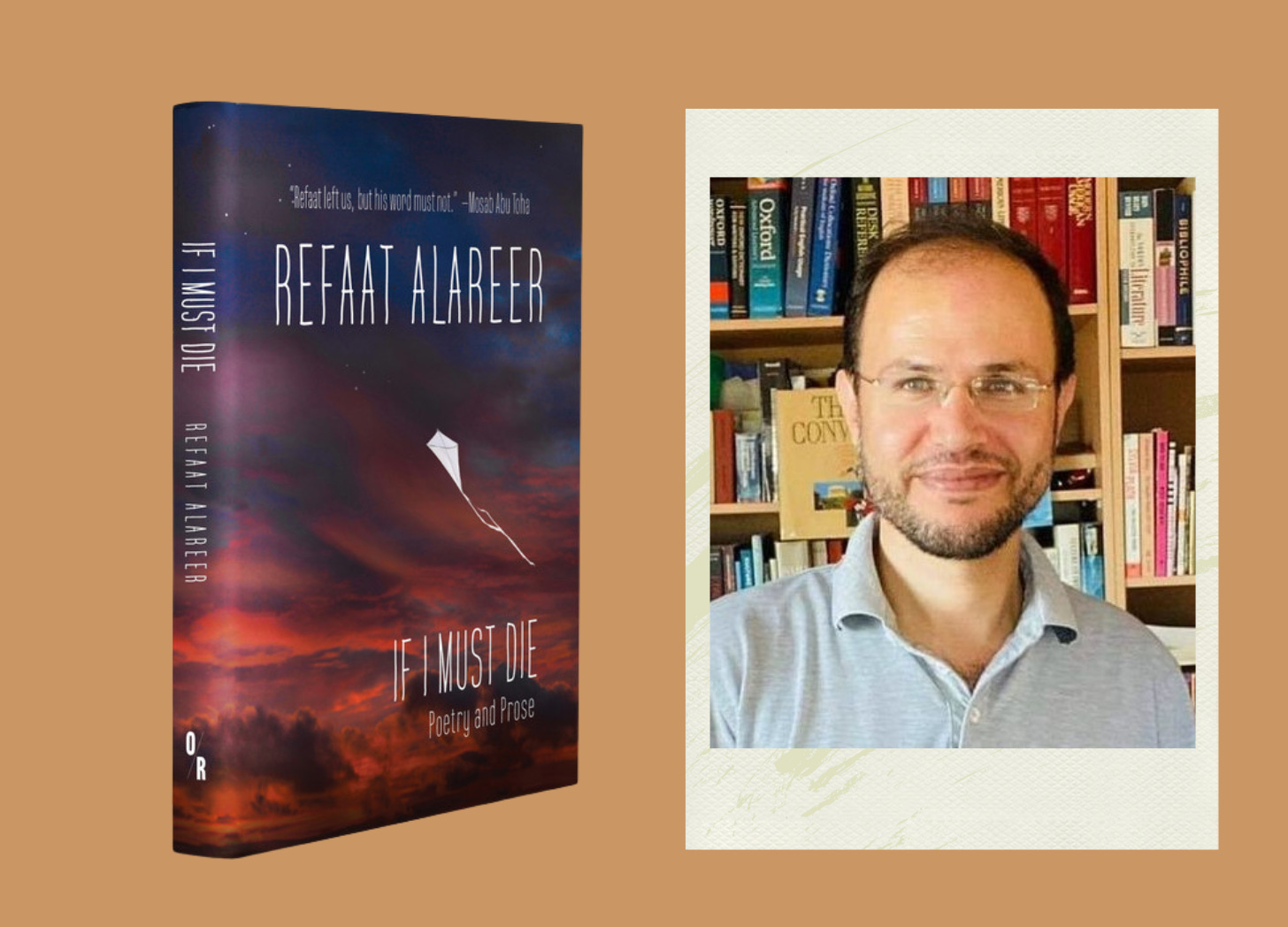


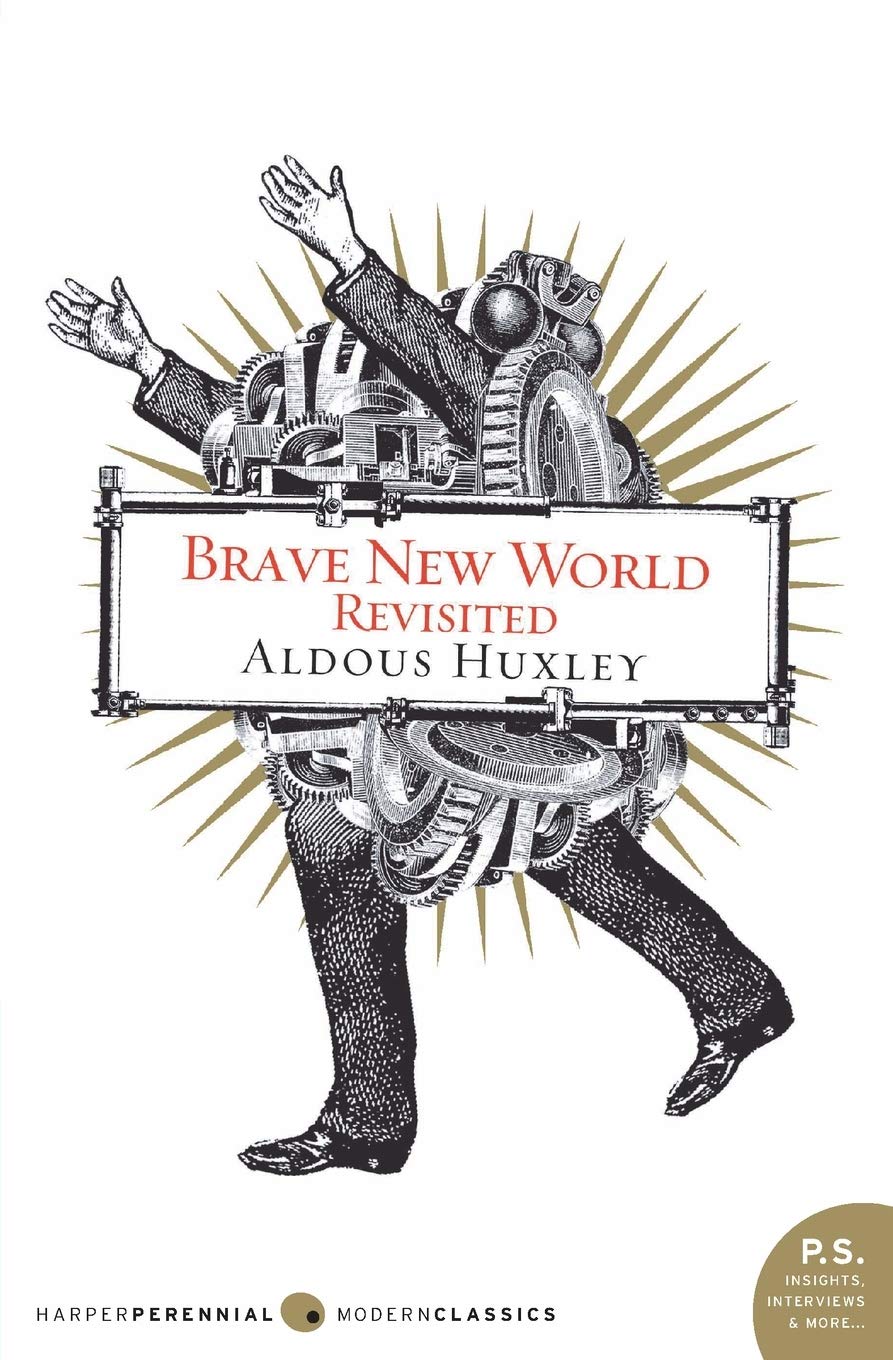

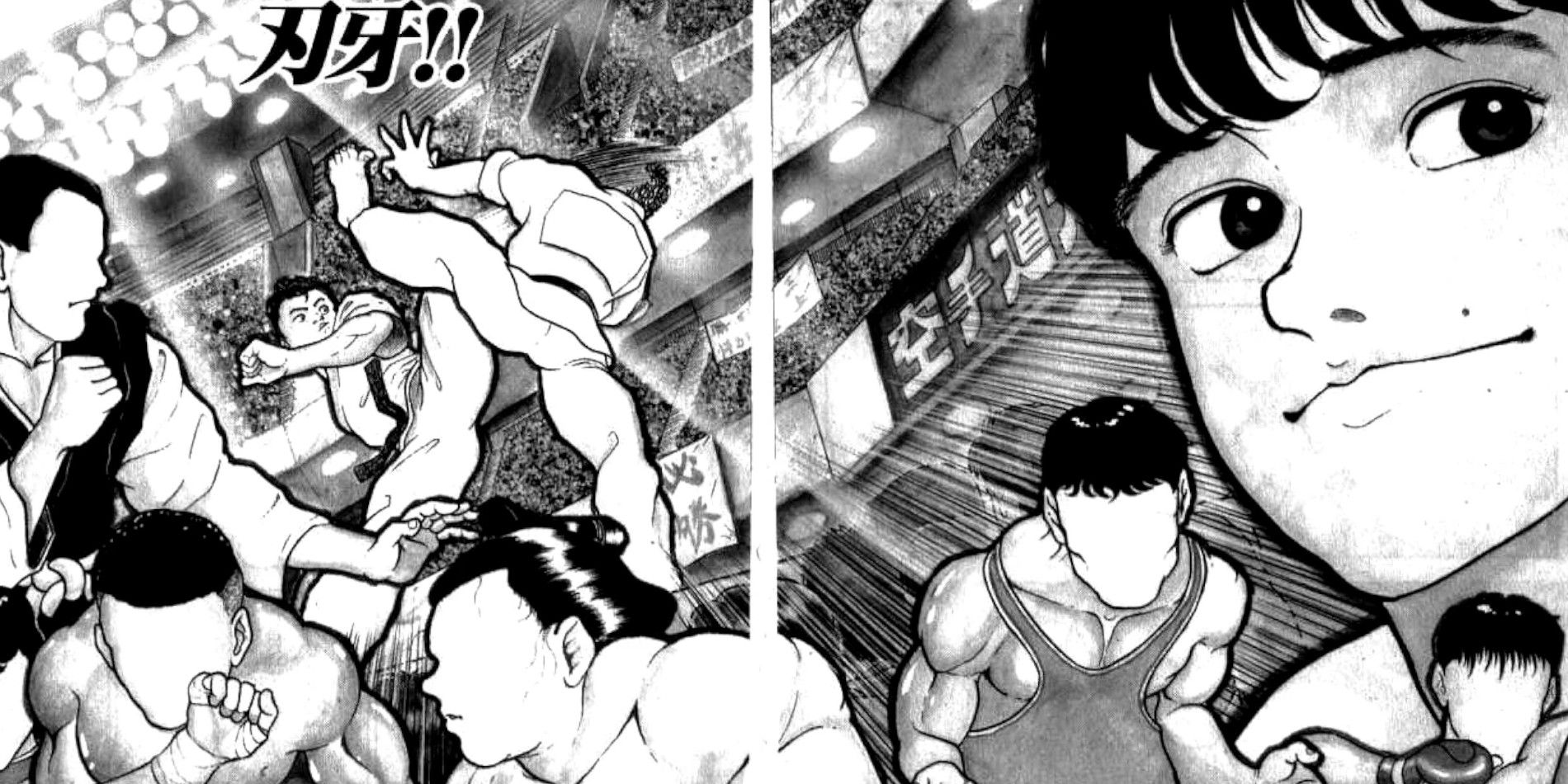








 love the cover that they chose though
love the cover that they chose though


